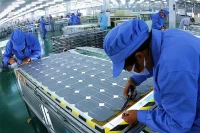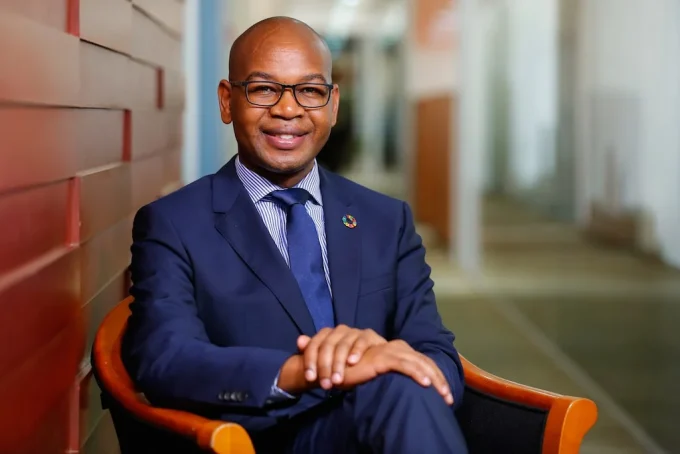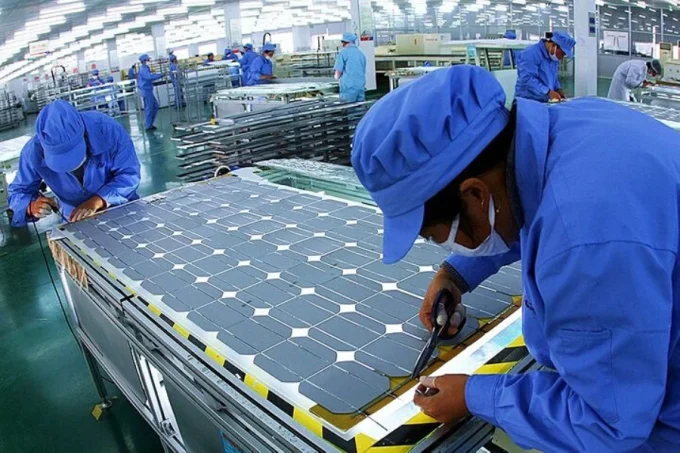President William Ruto is calling on Kenyans to acknowledge the value of public-private partnerships (PPPs) as an alternative project delivery system amid the growing backlog of unmet public infrastructure needs across the country, with limited funds from the government to pay for them.
The President stated that PPPs have the potential to provide new sources of financial support for both the national and county governments by combining the resources of the public and private sectors to create, improve, rehabilitate, or expand public infrastructure.
“It is important to appreciate that the partnership between the public and the private sector gives us a win-win outcome to deliver public services using the efficiency and investment of the private sector,” he said, citing the past success of the 480-kilometre Mombasa-Nairobi Standard Gauge Railway (SGR), built on a PPP agreement between the Government of Kenya and China Road and Bridge Corporation (CRBC).
Speaking at the groundbreaking ceremony for the 35MW Orpower 22 Geothermal Power Plant in Menengai, Nakuru County, the President emphasised that given the potential value of structuring projects through broader public-private partnerships, PPPs can facilitate the construction of projects that might otherwise have been delayed or not built at all by providing access to alternative financing sources.
The Orpower Twenty-Two plant, the third facility in the expansive 105MW Menengai complex, represents a notable collaboration between OrPower 22, an independent power producer, and its private equity and financing partners, complemented by support from the state-owned Kenya Electricity Generating Company (KenGen).
OrPower 22, through its parent company, Kaishan Group, will invest $90 million in the project, which will utilise the renewable geothermal resource replenished by Earth’s natural heat under a Build-Own-Operate scheme to produce clean electricity.
“The commencement of the 35MW power plant project by Orpower Twenty-Two highlights our commitment to unlocking Kenya’s vast geothermal potential to drive economic growth,” President Ruto remarked. “So far, we have tapped only 950MW, a small fraction of our geothermal potential of nearly 10,000MW, leaving immense opportunities untapped.”
Additionally, Kaishan Group aims to invest another Ksh12 billion in a PPP arrangement with the national government to establish sustainable green ammonia production within the next 24 months.
“Progressively, we will reduce fertiliser imports into Kenya,” he added.
From the public sector’s standpoint, the President explained, PPPs can offer several advantages, as they are designed to prevent the government from overborrowing and burdening Kenyans with additional taxes.
However, PPP agreements are not without risks, and the President’s remarks came a day before Kenya Electricity Transmission Company (KETRACO) was barred by the High Court from proceeding with the Ksh95.68 billion power deal with Adani Energy Solutions until a petition led by the Law Society of Kenya (LSK) is heard.
In the petition filed on October 23, 2024, LSK sought conservatory orders for the suspension of the project agreement signed between KETRACO and Adani Energy Solutions on the grounds that the deal was done in secrecy and lacked integrity, transparency, openness, and accountability.
LSK also faulted KETRACO for not conducting meaningful public participation in the proposal and for not conducting due diligence.
The court heard that PPPs should be structured to ensure transparency and reduce transaction costs. This would protect the public interest by providing substantial public sector oversight of public funds. Such agreements should also come with safeguards to ensure that end users receive safe and reliable services, whether they are roads, water systems, or buildings.
> Navigating Kenya’s Construction Landscape: Insights and Innovations at Big 5 Construct Kenya 2024













Leave a comment